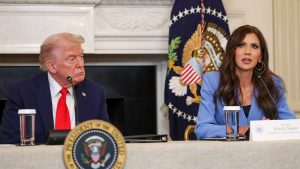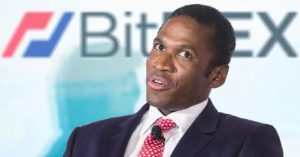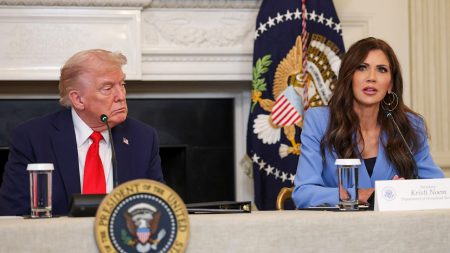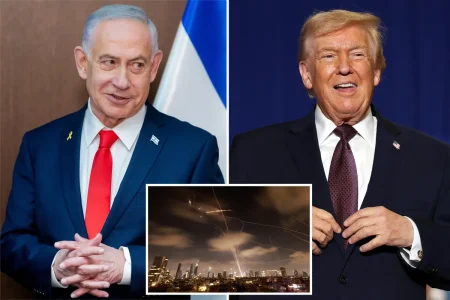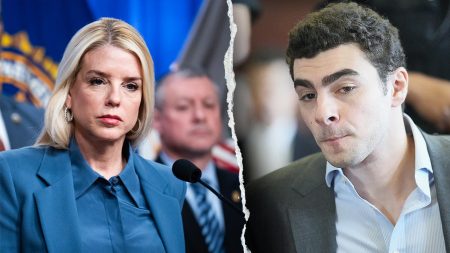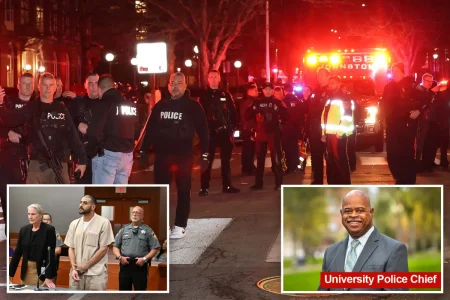President-elect Donald J. Trump’s first post-re-election interview with a major broadcast network ignited a firestorm of controversy with his pronouncements on two highly sensitive issues: pardons for individuals involved in the January 6th Capitol attack and potential changes to birthright citizenship. His statements, delivered with his characteristic bluntness, immediately sparked intense debate across the political spectrum and raised serious concerns about the direction of his second term. While Trump framed his positions as efforts to promote national unity and address perceived injustices, critics viewed them as dangerous assaults on the rule of law and fundamental American principles.
The potential pardons for participants in the January 6th attack represented a particularly volatile issue. Trump had long maintained his belief that many of those involved were unfairly prosecuted and victims of a politically motivated “witch hunt.” His pledge to pardon them, seemingly without consideration of individual cases or the severity of the crimes committed, struck many as a blatant disregard for the judicial process and an endorsement of the violence that unfolded at the Capitol. Legal scholars and political analysts alike raised concerns about the potential consequences of such a move, arguing that it could undermine faith in the justice system, embolden future acts of political violence, and set a dangerous precedent for executive overreach. Opponents characterized the potential pardons as a cynical attempt to reward loyalists who engaged in an attempt to subvert democracy.
The second major point of contention in Trump’s interview was his stated intention to explore ending birthright citizenship, the principle enshrined in the 14th Amendment that grants automatic citizenship to anyone born on U.S. soil. Trump had previously expressed his opposition to birthright citizenship, often framing it as a “magnet” for illegal immigration. His renewed commitment to challenging this constitutional right resurrected a long-standing debate about the interpretation and application of the 14th Amendment. Supporters of birthright citizenship emphasized its historical significance and argued that altering it would require a constitutional amendment, a lengthy and complex process. They warned that ending birthright citizenship would create a class of stateless individuals, potentially exacerbating social and economic inequalities.
The implications of Trump’s pronouncements extend beyond the specific policy proposals themselves. His willingness to challenge established legal and constitutional norms, coupled with his fervent base of support, raised deeper questions about the stability of American democratic institutions. Critics expressed fears that Trump’s actions could further erode democratic norms, empower extremist groups, and deepen existing political divisions. They argued that his rhetoric and policies could contribute to a climate of distrust and instability, potentially undermining the peaceful transfer of power and the integrity of future elections.
The interview also highlighted the ongoing challenges facing the media in covering the Trump presidency. Trump’s frequent use of inflammatory language, his tendency to spread misinformation, and his attacks on the press presented significant obstacles for journalists seeking to accurately and objectively report on his administration. The interview itself became a subject of debate, with some commentators criticizing the network for providing Trump with a platform to disseminate controversial views without sufficient pushback. Others defended the interview as a necessary exercise in holding the president-elect accountable and providing the public with access to his unfiltered perspectives.
The fallout from Trump’s interview underscored the deep political and social divisions that characterized the United States. His statements served as a stark reminder of the profound disagreements over fundamental issues such as the rule of law, immigration, and the future of American democracy. The intense reactions to the interview, both positive and negative, reflected the polarized political landscape and the ongoing struggle to define the nation’s identity and values. The coming months and years would undoubtedly be shaped by the ongoing debate over the issues Trump raised, and the consequences of his actions could have a lasting impact on the trajectory of American society.
